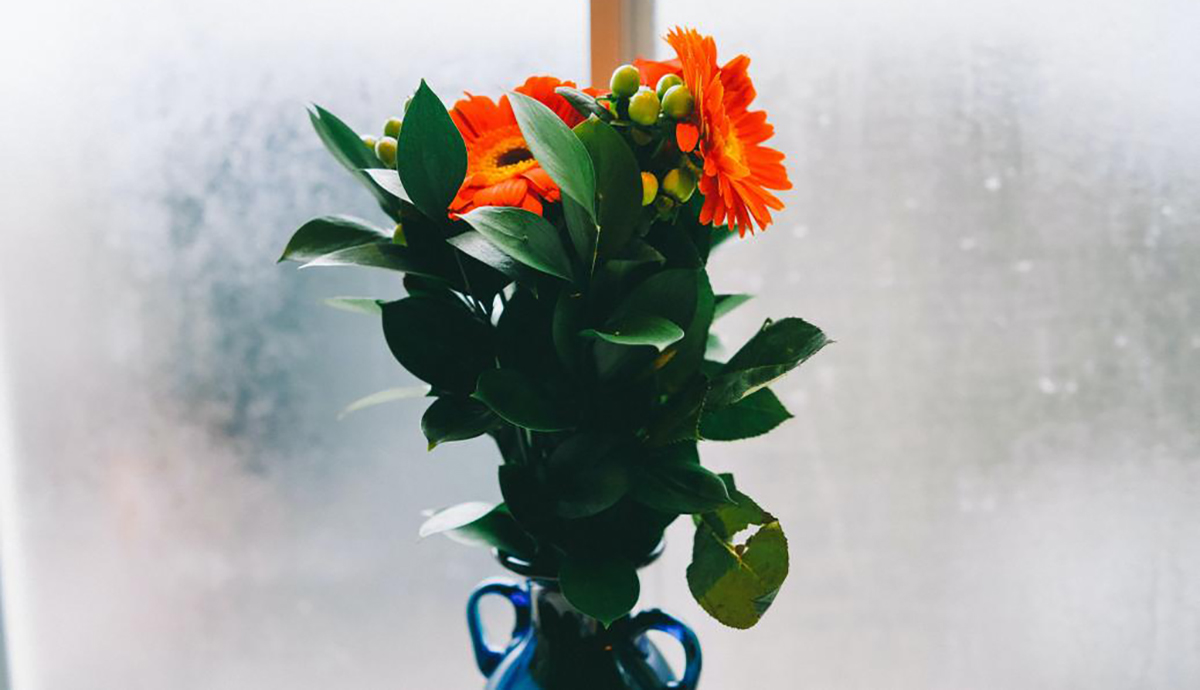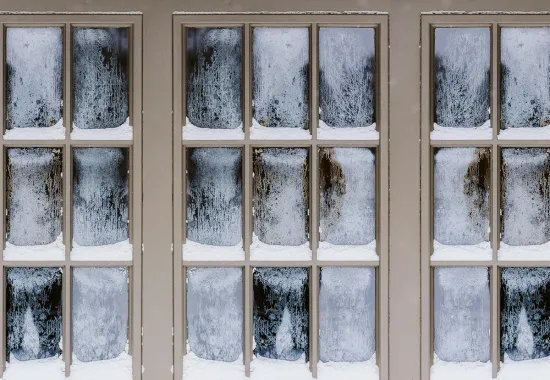Eleven
“I want you to meet someone,” my father said, “someone special.”
Whenever he said that, the “someone” never turned out to be special at all, just more of the same, not anyone I ever liked or who made much of an effort to like me. He told me to go sit in the back of the car which was always part of the deal–the “someone” always sat in front–but this time he added something new. He passed me a small object and told me not to look at it, not shake it to guess what was inside, not try to crack it open with my back teeth, just put it in my pocket and give it to him when he asked for it later.
“Got that, chief?”
“Got it.”
He shot me a series of crooked little grins, like whatever was about to happen was going to be good. My outings with my father were of two basic sorts, one where he over-planned and overreached and fell spectacularly short of his own expectations, the other where he spent the whole weekend unable to think of a single thing for us to do. We got off at the first downtown exit, went through the neon chaos of Chinatown and down a series of increasingly darkened streets until we ended up on a block of brownstone buildings indistinguishable from each other save for the ghostly numbers etched on the glass front doors. We stopped in front of a building that looked like all the others but which he seemed to recognize and we parked and waited. My father started doing that thing where he drummed on the arc of the steering wheel with his thumbs, slow and steady and progressing to a frantic beat. It must have been ten minutes before the front door of the building opened and a woman stepped out. She looked up and down the street, everywhere but in our direction, and unhurriedly started down the stone steps. Together my father and I watched her slow and deliberate descent. She wore a yellow scarf she kept clutching at the throat as if the knot might come undone and the thing blow away. When she reached the sidewalk my father jumped out and held open the passenger door like a chauffeur, something I’d never seen him do for anyone. Once she was settled inside and he was back behind the wheel, he switched on the interior lights.
“Cherise, I want you to meet my pride and joy.”
“Hello Pride and Joy,” she said. I had to admit she had a nice voice and a little bit of an edge to her, “does he have a name?”
“Peter.”
“And this Peter is your son?”
“He’s ten,” my father said proudly.
“Eleven,” I said.
“You have a son? You have a goddamn son?”
She immediately twisted around in her seat as if to judge my true age for herself. She was pretty, younger than I figured but not that young, finely etched wrinkles radiating from her eyes and around her mouth. She turned back to my father. “You have a son? You have a goddamn son?”
There was a pause and then my father let go that raspy, staccato laughter of his. “Didn’t I tell you?” he said, his eyes catching mine in the rearview mirror. “Isn’t she something?”
We went to a Chinese restaurant. Not just any Chinese restaurant but one that was part grotto, part aquarium. Waterfalls spilled down the lacquered black walls. Crazy-colored fish swam through a glass-covered trough in the floor that meandered under and around the tables. Water lilies floated on hanging fountains suspended from the ceiling. It was so humid you could feel your clothes glom onto your skin like melted wax.
“This is nice,” my father said when we were seated, “the three of us.” He started moving things around the tabletop like they were in all the wrong places–the soy sauce should be here, the duck sauce there, the hot mustard off on its own. He was jittery. His right leg kept up a steady bounce.
“Sure is,” the woman said, “Lucky me, sitting here with two handsome gentlemen.” She looked at me and I felt my face redden.
A few minutes later a waiter came by with a silver bucket on a wooden stand and a green-necked bottle sticking out of the bucket. Another waiter right behind him deposited a vase of orange-headed flowers in the center of the table.
“What’s all this?” the woman said.
“I think they do it for every table.”
She looked around. “No they don’t.”
“Tell him about how we met,” my father said, talking over her, “he’ll like that.”
“What? You mean the elevator?”
“Before the elevator. The revolving door. And then the elevator. The whole thing.”
She closed her eyes as if tapping some deeply stored energy source. “Um, okay. So we, I mean Richard, I mean your father, he was walking into the same office building at the same time I was–.”
“Imagine that,” my father said.
“And so I went ahead of him through one of those stupid revolving doors and when we came out he said, want to go again? Like a little kid on a carnival ride.”
“She already had me.”
“And then we go across the lobby together and get on the elevator together and he says, ‘If you think I’m following you, I am.”
My father nudged me, then nudged me again. He finally had to lean over and whisper, “Give it to me,” and I finally got it and handed him the thing he gave me earlier. He pushed back from the table, lowered himself onto one knee to face the woman’s chair, and unfurled his hand to reveal a small black box sitting on his outstretched palm. He flipped the lid. His hand was shaking like mad; if the box had been filled with nitro he would have blown us all up.
“Oh God, oh Jesus what are you doing?” she said. Her voice completely changed.
“What does it look like I’m doing?” he said.
“I didn’t know you were going to do this.”
“Isn’t that the whole point?”
“No, I mean–. Please don’t do this, Richard. Please get up.”
She briefly covered her face but when she dropped her hands nothing had changed: my father still on bended knee, holding out the box, frozen before her. She practically ran out of the room, taking her little white purse with her.
My father slowly got to his feet. People from nearby tables stared at him and several waiters stopped in their tracks to gawk but you wouldn’t have known it. You would have thought he was standing by himself before a mirror the way he fastidiously tugged on the cuffs of his shirt and straightened the lapels of his jacket. He eased back into his seat and smiled in my direction as if suddenly aware of my presence.
“How’s school, chief?”
I wanted to say something to buoy him but I didn’t want to lie. “I’m flunking geography,” I said.
He nodded, looking over my shoulder. “That’s good. That’s real good. You keep it up.”
He started rearranging the condiments again, putting them back where they started.
The woman returned and sat down. Her face was shiny, her hair mussed. She folded her hands and looked down into her lap like she was praying.
“It’s not that I don’t care about you, Richard,” she said.
“Oh Jesus,” my father said.
“We have a good time together–.”
“Stop. Just stop right there.”
She looked up. Her eyes were red. She took a sip of water, got up, and put on her coat, barely able to get her arms through the right openings. “I’m sorry, Richard.”
He looked around as if he had woken from a dream and was suddenly aware of his surroundings. “For God’s sake, Cherise, sit down, take your coat off, we can finish dinner like civilized people and I can drive you home."
My father turned sideways as if he’d been slapped.
“I have to go.”
“What are you going to do, walk back? In the dark?”
“Someone’s coming to get me.”
My father turned sideways as if he’d been slapped.
It turned out the whole meal had been pre-ordered and right after she left the dishes started coming, one after the other, like floats in a parade. A sizzling platter of lobsters still in the shell. A full duck spread out on a bed of snow noodles, the head turned sideways with one eye staring out at us. A tower of beef and pepper strips topped by a pair of red-winged birds carved from radishes. My father didn’t take a single bite of a single thing. I ate what I could, a little bit from each dish, hoping to please him.
Back in the car, he put it in reverse instead of drive and we hit a street sign. We were barely moving but you could still hear something behind us crumple, like paper when you ball it up and toss it away. He never got out to check the damage.
“Listen,” he said when we were back on the highway, “we need to cut the weekend short. I’m afraid I won’t be very good company.”
“It’s okay.”
“I’ll make it up to you next time. I promise.”
He drove fast, passing cars, switching lanes without signaling.
“I was hoping she could get to know you,” he said, his voice so low I could barely hear it over the whine of the engine. “See what a great kid you are. All the great things you have going for you.”
“Like what?” I said.
He answered by hitting the accelerator; we must have been going eighty.
“What do I have going for me?” I said.
“Okay,” he said, “you don’t take stupid chances. You don’t put yourself out on a limb and have the thing cut out from under you.”
It was true. I was cautious. I was the last kid to try something new if I tried it at all.
“That’s only one thing,” I said.
“Well, you’re good with money.”
That was true, too. I was a saver. Once I had it I didn’t like to part with it. To quote my mother, the only thing my father could make money do was jump from his pocket into someone else’s. She liked to say the difference between her and me was she’d chosen him to be her husband and then she un-chose him, whereas I was never given a choice. You can’t make someone your ex-father, she said. They don’t have enough lawyers for that.
“You’re a hidden gem,” my father said, “that’s what I’m saying.”
“What does that mean?”
“It means you have to look hard but when you find it it’s something to see.”
He turned on the radio, his way of showing that he was done talking.
When we were back in front of the house he sat there and gazed at it for a while–it was once his house, too.
“You can tell your mother what happened. Or don’t. It’s up to you.”
As I was getting out of the car, my bag in tow, he latched on to my coat flap.
“Hey, I know how old you are.”
“I know,” I said.
“I’m serious.”
“I know.”
“Eleven’s a great age. The best.”
He momentarily brightened before thumping me on the shoulder. I went up the walk and got the front door key from the hook behind the mailbox. The downstairs lights were off. The TV was on but there was no one in front of it. I snuck up to my room and got into bed. I lay there under two layers of blankets, fully dressed but shivering like crazy. I knew my mother would blow up when she found me there in the morning, returned early, the weekend having barely begun. I wouldn’t tell her what happened. I could at least do that for him. But I had my chance to save him and I knew I would never get another one. I should have spoken up at the restaurant. I should have told that woman all the things my father had going for him if only she would look a little harder.
Recommended
The Monstera
The Wild Women of Brigantine
The Salamander






